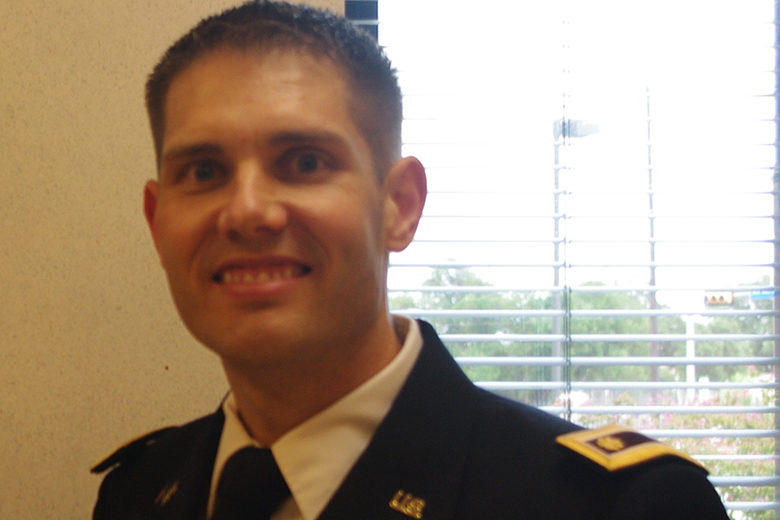
As a military spouse, I watched my husband serve his country in the U.S. Marine Corps. I reflect on his years of service with such pride and gratitude that it has altered the direction of my future endeavors.
Dietitians in the military have the opportunity to serve their country by improving the readiness of servicemembers, along with the health of their families. I spoke with Maj. Justin Kocher, MHA, MS, RDN, LD, FACHE, who has been an Army dietitian for more than 10 years, traveling all over the United States and overseas. He shared a few details about what a career on active duty looks like.
What unique opportunities have you had through serving in the Army that civilian dietitians don't experience?
As a junior officer, I was placed in positions of greater responsibility than what our civilian counterparts are, including director of foodservice operations and nutrition clinic chief. These opportunities groom your leadership skills as well as enhance your professional knowledge of nutrition and dietetics. I also spent 10 months working as a hospital public affairs officer while deployed in support of Operation Iraqi Freedom with a combat support hospital.
What is the most challenging part of being a dietitian in the Army?
Balancing the demands of work and professional development with personal life.
How has the Army supported and advanced your career?
The Army has offered me a plethora of training and leadership opportunities to advance my career, including periodic professional development and leadership courses, training in burn and trauma management, program evaluation, Lean Six Sigma and lean health care management, and health care executive skills. I have also had stellar mentors that have helped guide me in my career, personal and professional life. Most recently, the Army has sent me back to earn my Master of Health Administration degree.
What has been your most fulfilling experience?
As a member of the uniformed services, there is a high emphasis on service to our country and the servicemembers, their families and retirees who have sacrificed so much for the freedoms that we enjoy in the U.S. I think for many of us, there is nothing more fulfilling than to know that we are here to take care those who have given so much for us over the years.
What type of student would excel as an RDN in the Army?
Students of high moral character, with a successful academic record and who are open‐minded, flexible and interested in working in a variety of areas in the field of nutrition and dietetics.
What advice do you have for students considering this route?
Weigh your near- and long-term goals in the field of nutrition and dietetics with the profound personal and professional journey that military dietetics offers. The best way to do this is to seek several professional mentors. You may choose someone you know through your academic life or in your personal life whom you trust or consider a confidante. Reach out to talk to an RDN who is in the Army, Air Force or Navy to discover how your personal passion, knowledge, skills and abilities pertaining to dietetics can or does align with those of military dietetics.
If you could start over, would you choose the same path?
Yep, every day of the week.
